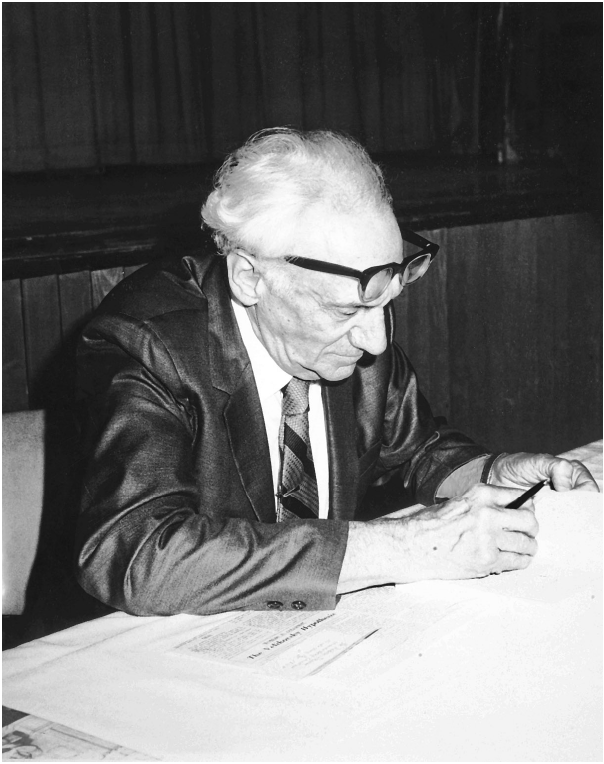
IMMANUEL VELIKOVSKY (18951979), circa 1977. Source: IVP 145:2.
THE PSEUDOSCIENCE WARS
IMMANUEL VELIKOVSKY and the Birth of the Modern Fringe
Michael D. Gordin
The University of Chicago Press
CHICAGO AND LONDON
MICHAEL D. GORDIN is a professor in the Department of History at Princeton University. He is the author of A Well-Ordered Thing: Dmitrii Mendeleev and the Shadow of the Periodic Table; Five Days in August: How World War II Became a Nuclear War; and Red Cloud at Dawn: Truman, Stalin, and the End of the Atomic Monopoly.
The University of Chicago Press, Chicago 60637
The University of Chicago Press, Ltd., London
2012 by The University of Chicago
All rights reserved. Published 2012.
Printed in the United States of America
21 20 19 18 17 16 15 14 13 12 1 2 3 4 5
ISBN-13: 978-0-226-30442-7 (cloth)
ISBN-10: 0-226-30442-6 (cloth)
ISBN-13: 978-0-226-30443-4 (e-book)
ISBN-10: 0-226-30443-4 (e-book)
Library of Congress Cataloging-in-Publication Data
Gordin, Michael D.
The pseudoscience wars: Immanuel Velikovsky and the birth of the modern fringe / Michael D. Gordin.
pages; cm
Includes bibliographical references and index.
ISBN-13: 978-0-226-30442-7 (cloth: alkaline paper)
ISBN-10: 0-226-30442-6 (cloth: alkaline paper)
ISBN-13: 978-0-226-30443-4 (e-book)
ISBN-10: 0-226-30443-4 (e-book) 1. PseudoscienceHistory20th century. 2. Velikovsky, Immanuel, 18951979Appreciation. 3. Velikovsky, Immanuel, 18951979Influence. 4. Lysenko, Trofim Denisovich, 18981976. 5. CreationismHistory. 6. EugenicsHistory. 7. ScienceHistory20th century. I. Title.
Q172.5.P77G674 2012
523.2dc23
2012003653
 This paper meets the requirements of ANSI/NISO Z39.48-1992 (Permanence of Paper).
This paper meets the requirements of ANSI/NISO Z39.48-1992 (Permanence of Paper).
FOR ERIKA,
who was there at the beginning and the end
No probability, however seductive, can protect us from error; even if all parts of a problem seem to fit together like the pieces of a jigsaw puzzle, one has to remember that the probable need not necessarily be the truth, and the truth not always probable.
SIGMUND FREUD, Moses and Monotheism
Nonsense is nonsense, but the history of nonsense is a very important science.
attributed to SAUL LIEBERMAN
CONTENTS
ACKNOWLEDGMENTS
This book began in the archives, and my greatest debts are to those who made the research possible. At the Princeton University Library, I would like to thank Ben Primer and especially Don Skemer for taking the time to discuss with me how they came to acquire the Immanuel Velikovsky Papers. The entire staff at the Manuscripts Reading Room also provided a wealth of help at all stages of this project, as did the Article Express and Interlibrary Loan office, who once again managed to acquire for me publications that seemed to have sunk without a trace. I could never have written this book without them.
I would also like to thank the librarians at the American Philosophical Society Library, the Manuscripts Room of the New York Public Library, and Harvard University Archives for making their collections available to me. All of these institutions, as well as the Albert Einstein Papers Project, kindly granted me permission to reproduce materials from their holdings. My parents, Gila and Rafael Gordin, put me in touch with Rafael Vieser, formerly of the Hebrew University Library, and he kindly informed me about the Velikovsky collections there.
Many friends and colleagues have been exposed to a great deal of Velikovskiana over the last few years, and I extend thanks to all of them (you know who you are). Peter Brown, Nathaniel Comfort, Angela Creager, Yaacob Dweck, James Gilbert, Owen Gingerich, Matthew Jones, David Kaiser, Joshua Katz, Philip Kitcher, Michiko Kobayashi, George Laufenberg, Patrick McCray, Erika Milam, Bhavani Raman, Matthew Stanley, Robin Wasserman, Eric Weitz, and Nasser Zakariya read parts or all of the manuscript, and their comments have improved the result in innumerable ways. I presented various parts of this project at the University of MarylandCollege Park, Caltech, Tel Aviv University, both the History of Science Program Seminar and the Shelby Cullom Davis Center for Historical Studies at Princeton University, Cornell University, and ETH-Zrich, and the probing questions I received guided many of the revisions. Finally, Nikolai Krementsov, Michael Ruse, and Michael Shermer evaluated this manuscript for the University of Chicago Press, and I very much appreciate both their positive and their critical readings of the text. I have incorporated everything I could. The remaining errors are, of course, entirely my own.
I owe a special debt of gratitude to two individuals involved in the events related here, from very different positions. Immanuel Velikovskys daughter Dr. Ruth Velikovsky Sharon very graciously met with me early in my research and spoke to me about her father, and I appreciate both her time and her understanding of the nature of this historical project. She is also responsible for the generous donation of his papers to Princeton University, and I am tremendously grateful for that as well.
In addition, C. Leroy Ellenberger shared many valuable materials he has gathered on the various aspects of the Velikovsky debates and also read a draft of the manuscript. His comments have always proven helpful, even when I elected not to adopt them.
A version of was published as How Lysenkoism Became Pseudoscience: Dobzhansky to Velikovsky, Journal of the History of Biology 45 (2012).
A great deal of labor besides the authors is involved in turning an idea into a book. Karen Merikangas Darling, my editor at the University of Chicago Press, has been fantastic at every stage. She read each chapter hot off the keyboard and helped to shape this book into its final form. It was a true pleasure working with her. Don Lamm and Christy Fletcher found this project a home, and Ryan Dahn assisted in obtaining permissions for the archival material. My thanks to all of them.
Last, but furthest from least, my gratitude to Erika Milam. When we met, this book did not even exist as an idea in my head, and thanks to her it is now here. She stopped it from taking me over entirely. Her thoughts, love, and support have meant everything. She can rest assured that it is now done.
Introduction: Bad Ideas
No one in the history of the world has ever self-identified as a pseudoscientist. There is no person who wakes up in the morning and thinks to himself, Ill just head into my pseudolaboratory and perform some pseudo experiments to try to confirm my pseudotheories with pseudo-facts. As is surely obvious, pseudoscience is a term of abuse, an epithet attached to certain points of view to discredit those ideas, complemented by pseudoscientist to designate the practitioner. Just as no adherents of a religious doctrine ever really consider themselves heretics, alleged pseudoscientists have a very specific understanding of their activities. To their minds, they are doing science, full stop. This does not mean they are necessarily correctlots of people are mistaken about what they are actually doingbut it should give us pause to think a bit harder concerning what the word pseudoscience really does.
Does, not means. Pseudoscience is a term, I maintain, without real content, and yet the notion performs active work in the world, separating off certain doctrines from those deemed to be science proper. On the imagined scale that has excellent science at one end and then slides through good science, mediocre science (the vast majority of what is done), poor science, to bad science on the other end, it is
Next page

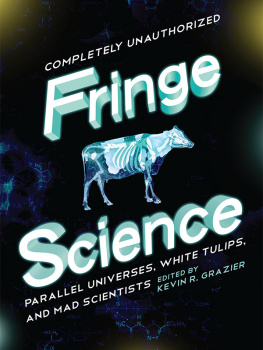
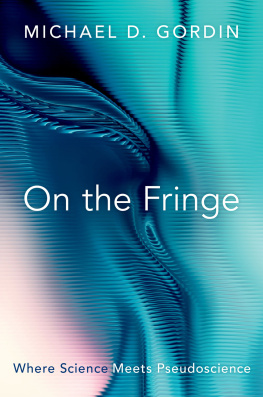
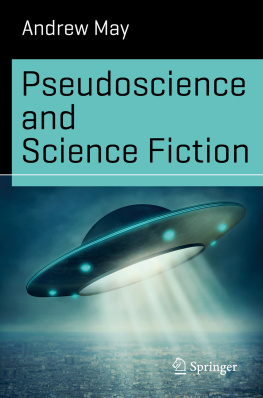
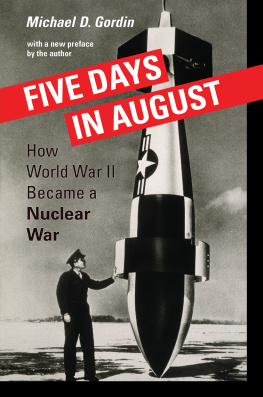
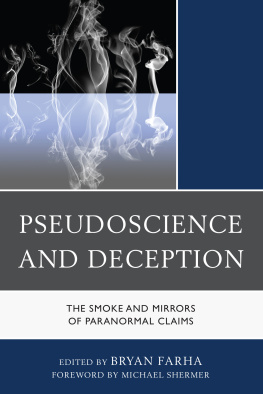
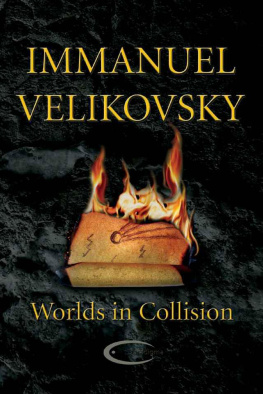
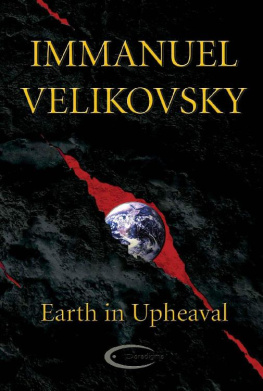
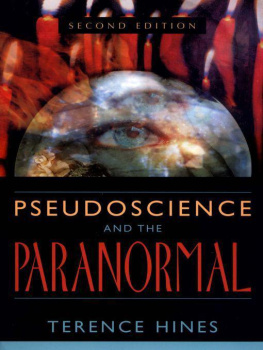

 This paper meets the requirements of ANSI/NISO Z39.48-1992 (Permanence of Paper).
This paper meets the requirements of ANSI/NISO Z39.48-1992 (Permanence of Paper).